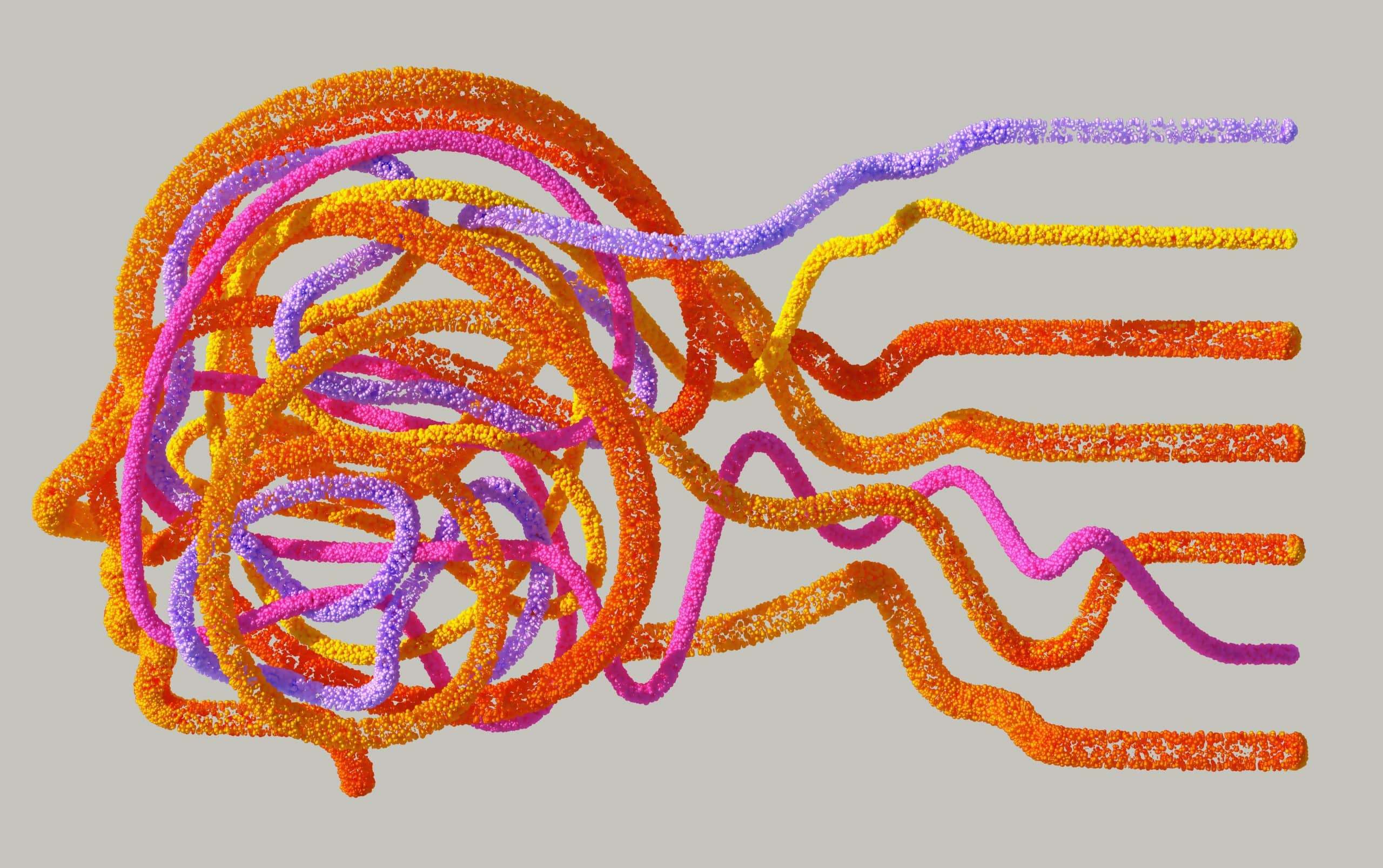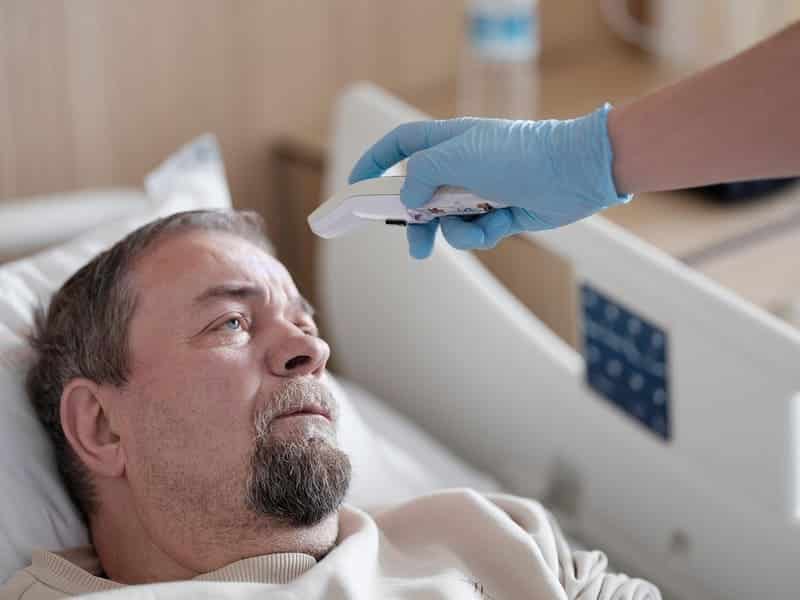So you’re recently post-partum after giving birth to your beautiful baby, but what does that mean for you? Over the past nine months that your body has been growing your newborn, it has undergone changes, some of which can have lasting effects on your body and/or mind. Other differences are that they are shorter-lasting and tend to go away within a matter of weeks. So here is what to expect after you’re expecting.
You May Find Bladder Control Difficult

In the body, the bladder and uterus are located extremely close to each other. When the uterus extends as the fetus grows, it can put excessive strain on the bladder. In addition, other factors such as total pushing time and the number of previous natural births can exacerbate this issue.
After so much pressure is directed at the bladder, it can become weak and difficult to control. This may lead to unintended urine leakage during certain bladder-pressure-raising activities such as lifting heavy items, sneezing, laughing, and more. Fortunately, this common occurrence can be prevented/fixed by working on your pelvic floor muscles. For a more exhaustive list, your pregnancy care team would be more than happy to inform you of them.
What May Happen to Your Physical Appearance?
During pregnancy, it is very common to put on weight. This is due to the fact that your body needs the extra sustenance to sustain both you and your ever-growing fetus. It is nothing to be ashamed of, especially because it is perfectly healthy and normal. Unfortunately, due to societal pressures and image, some post-partum people may become disenthused after the baby is born, but the inflated weight remains.
In some cases, post-partum individuals may not simply experience weight retention, but they may also experience weight gain. In that instance, it may be due to an underlying health issue. In an article by Baby Center, they state, “Three to 8 percent of moms develop postpartum thyroiditis.” This is a condition where the thyroid can become agitated after pregnancy and may lead to an underactive/overactive thyroid. If you begin experiencing any symptoms out of the norm, such as continuous weight loss/gain, constipation, and/or issues with your menstrual cycle, please consult your care team, who can further diagnose the root cause of your issues.
Keep An Eye On Your Mental Health Post-Partum
One extremely common affliction that may happen after birth is postpartum depression. While studies disagree on how common it is, at least 10% of individuals experience it after giving birth. Different risk factors make an individual more susceptible, such as preexisting mental health issues and race, as certain races statistically have higher instances of post-partum depression. So, what should you look out for in case this happens to you?
Prolonged periods of pessimistic thinking, anger, and obsessive thinking are a few symptoms to be wary of. You may also have physical issues such as difficulty sleeping, thinking, and/or restlessness. Some symptoms that may be more severe include self-harming ideations, thoughts of injuring your new infant, and/or suicide plans/attempts. If you or anyone you know is experiencing any of those signs of severe post-partum depression, please call your local emergency services, typically “911” in the United States, or the national suicide hotline, “988”.










